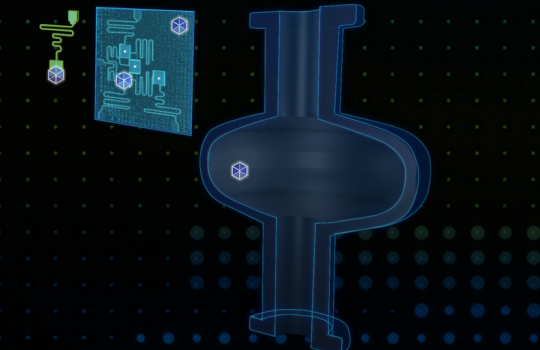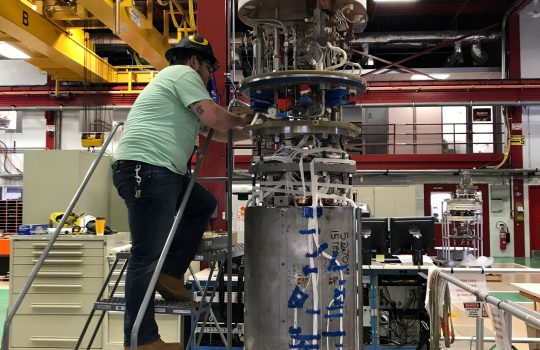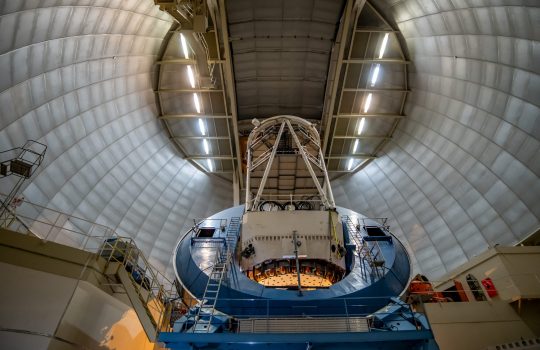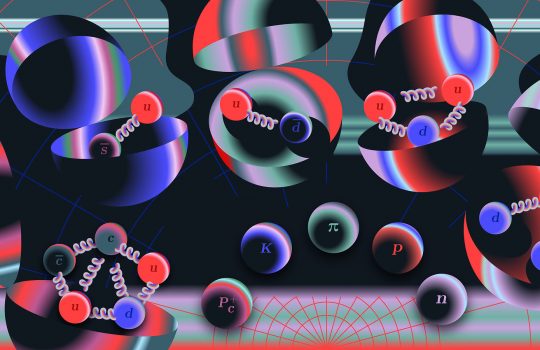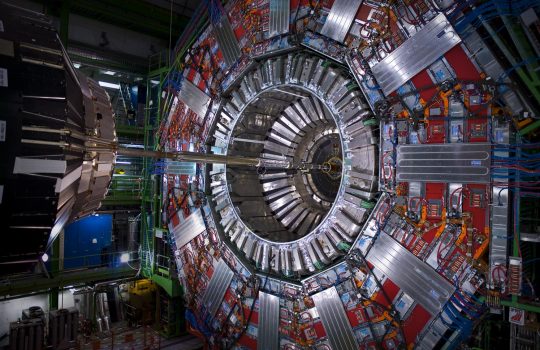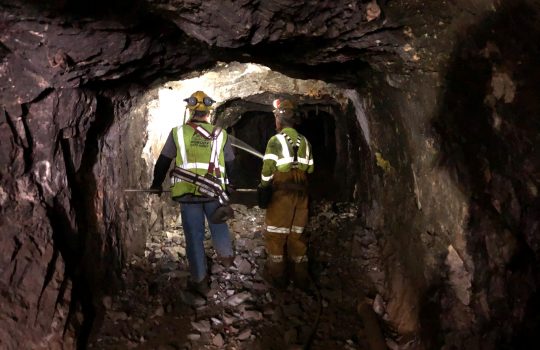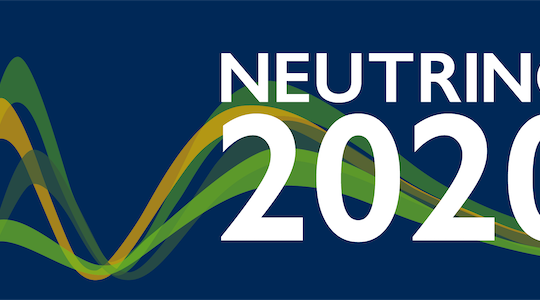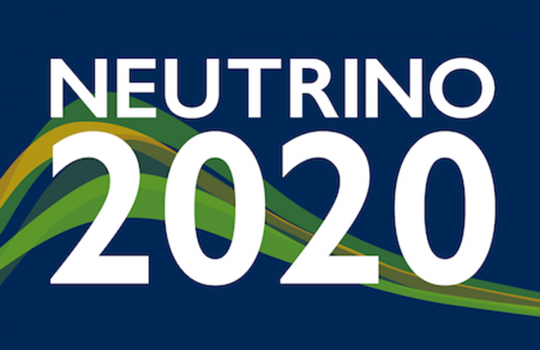The many facets of quantum science at Fermilab
Fans of Fermilab know that our scientists are experts in the weird realm of quantum physics. In recent years, they’ve been harnessing the strange properties of the quantum world to develop game-changing technologies in quantum computing, quantum sensors and quantum communication. Learn more about the burgeoning area of quantum information science and how Fermilab is advancing this exciting field.

